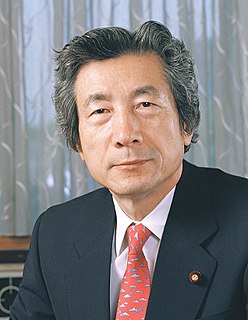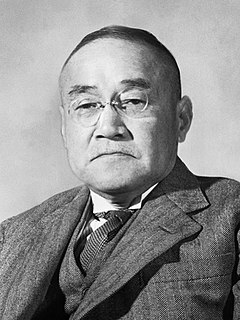A Quote by Moon Jae-in
The comfort-women agreement that we made with Japan during the last administration is not accepted by the people of Korea, particularly by the victims. They are against this agreement. The core to resolving the issue is for Japan to take legal responsibility for its actions and to make an official apology. But we should not block the advancement of Korea-Japan bilateral relations just because of this one issue.
Related Quotes
And that said, this [issues of comfort women] is important for reopening a conversation in both Japan and in Korea and on their respective understandings of history. Policymakers are going to be trumpeting this deal, but you know, as of now, we just don't know whether the women themselves who are actually victims will think this agreement is enough.
Japan admitted the Imperial Army ordered the building of these brothels and the trafficking of the women. And now that it's been 70 years, there are only 46 remaining comfort women still alive in South Korea. So also in this deal, Japan is going to pay 1 billion yen - that's about 8 million U.S. dollars - to provide social services and health care to the surviving victims.
I think the retirement crisis globally is a major problem. I think it's especially prevalant in countries such as Japan, where immigration is an issue. I think the US is more shielded from it than most countries in the world. It has a higher birth rate than Japan, immigration is tolerated here unlike probably it is in Japan. I don't think it's as big an issue in the US as it is elsewhere in the world.
I remember my very first encounter with Japan. At that time, I was Deputy Mayor of St Petersburg. Out of nowhere, Japan's Consul General in St Petersburg came to my office and said Japan's Ministry of Foreign Affairs wanted to invite me to Japan. I was very surprised because I had nothing to do with Japan except being a judoka. This was an opportunity to visit Tokyo and a couple of other cities. And, you know, a capital is a capital everywhere: there is the official script and certain protocol. It is always easier to talk in the provinces, the conversation is more natural.
We're working better with China than we ever have. We are determined to take care of South Korea, which is why we have our mission there, working and that, as well. And then we're going to continue to take care of Japan. The entire international community isolate North Korea and let them know that this nuclear tests not acceptable.
































